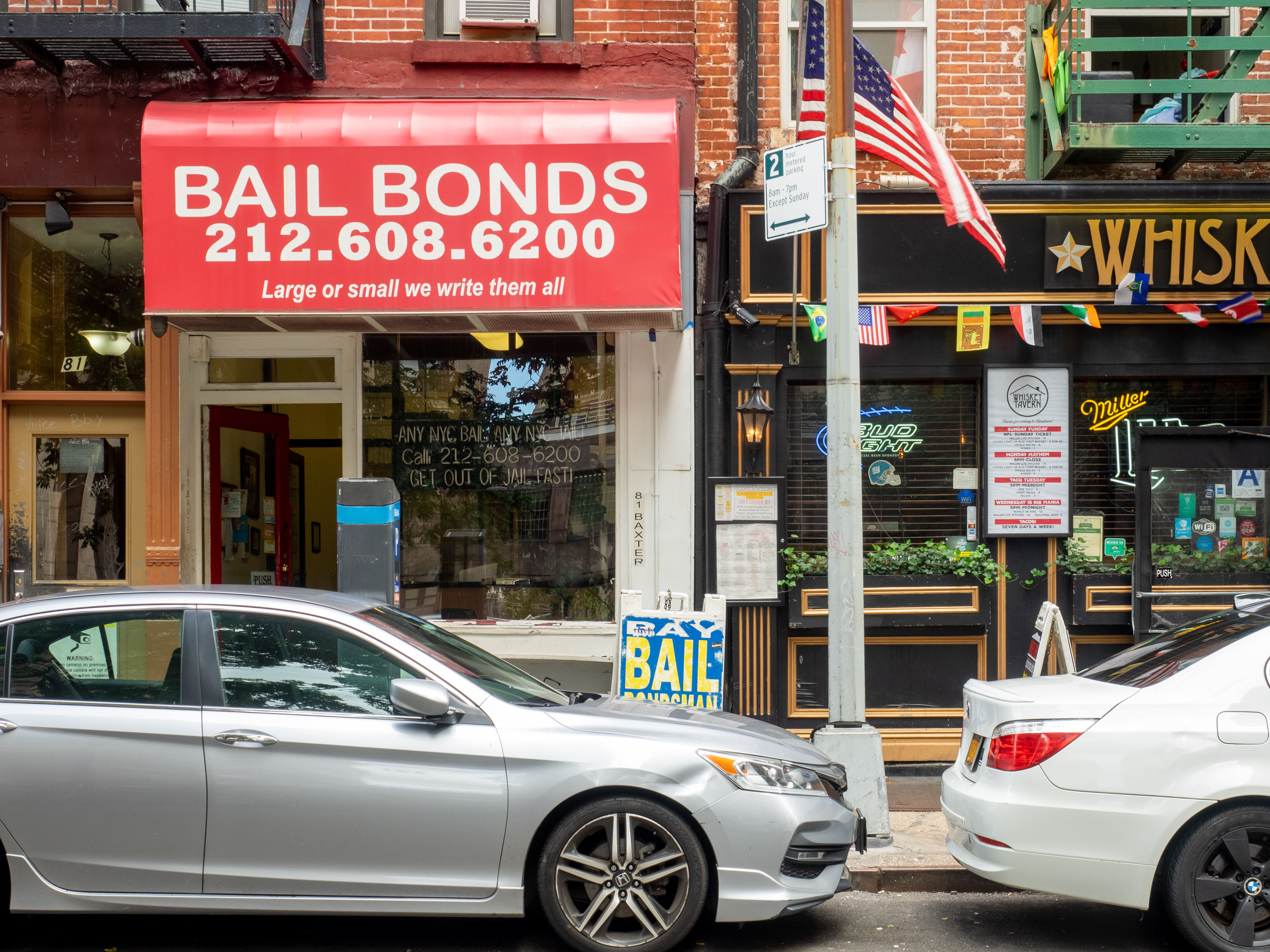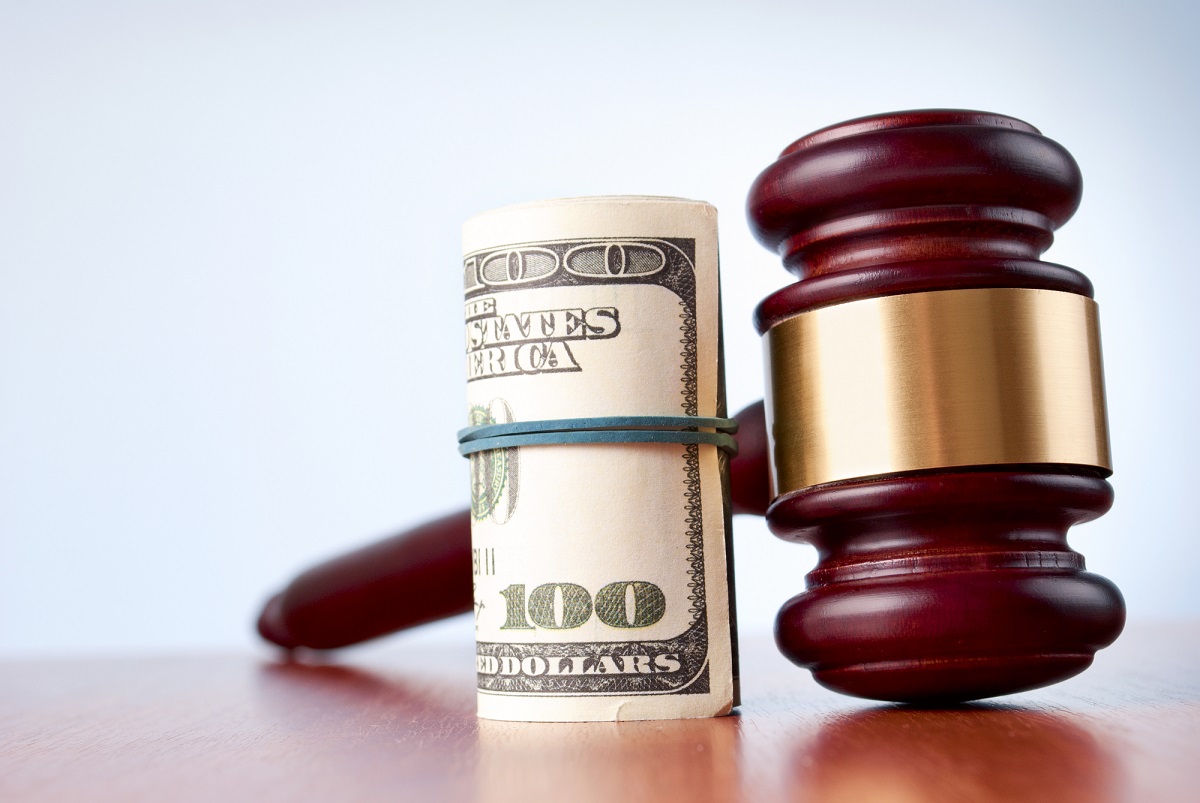Explore Reliable Bail Bonds Services for Swift Assistance.
Explore Reliable Bail Bonds Services for Swift Assistance.
Blog Article
Your Overview to Quick and Budget-friendly Bail Bonds Solutions
A detailed understanding of the various types of bail bonds, alongside an awareness of the variables affecting expenses, is crucial for making audio selections. Identifying trustworthy bail bond agencies that use adaptable payment structures can substantially ease the economic worry.
Recognizing Bond Bonds
Bond bonds serve as a system that permits individuals charged of crimes to secure their launch from protection while awaiting trial. If the charged can not afford the bail quantity established by the court, they may seek the solutions of a bail bond agent.
The bail bond agent typically bills a non-refundable charge, normally a percentage of the total bail amount, in exchange for safeguarding the launch of the offender. The agent after that supplies a surety bond to the court, making certain that the offender will appear in any way required court dates. If the defendant stops working to show up, the bond agent is accountable for paying the complete bail quantity to the court, leading them to take steps to locate and return the accused to wardship.
Recognizing exactly how bail bonds feature is crucial, as they provide an essential service within the legal system, balancing the civil liberties of the implicated with the need for public safety and judicial responsibility.
Types of Bond Bonds
Different kinds of bail bonds exist to suit various circumstances and needs within the judicial system. One of the most usual kind is the surety bond, where a bail bondsman offers a warranty to the court in exchange for a cost, typically a percent of the overall bail amount. This bond allows individuals to secure their launch without having to pay the complete bail upfront.
Another type is the cash money bond, which calls for the offender or their family to pay the whole bail amount in cash money straight to the court - Harris County Bail Bonds. This choice is often used for lower bail quantities and can lead to the return of funds upon the offender's court look
Building bonds are another alternative, wherein individuals utilize property as collateral for their bail. This kind of bond can be complex, as it entails the appraisal of the residential property and the possibility for liens.
Last but not least, federal bonds are used in government situations and normally entail larger amounts and more rigid conditions (Harris County Bail Bonds). Understanding these different types of bail bonds can aid defendants and their family members make informed decisions customized to their details lawful situations
Price Consider Bond Bonds
The expense of bail bonds can differ significantly based upon a number of vital elements that affect the overall expense for defendants and their families. Largely, the amount of the bail established by the court plays an important role. Bond quantities can vary from minor amounts for less severe offenses to significant numbers for more significant criminal offenses, bring about greater bond premiums.
An additional vital aspect is the danger analysis conducted by the bail bond representative. If the offender is considered a trip risk or has a criminal history, the representative may charge a higher costs to minimize their economic exposure. Furthermore, the state policies regulating bail bonds can impact expenses, as different states impose differing optimum costs that representatives can bill.
The sort of collateral required also influences the overall price. Sometimes, a bail bond company may call for residential or commercial property or possessions as collateral, which can affect the final quantity owed. Last but not least, layaway plan offered by bail bond companies might contribute to prices, as rate of interest or fees can be sustained if settlements are spread over time. Comprehending these factors is necessary for accuseds and their family Non-Arrest Bonds members when navigating the bail process.
The Bail Bond Refine
Recognizing the cost aspects connected with bail bonds is crucial for browsing the subsequent phases of the bail procedure. If the offender can not afford to pay the bail, they may look for a bail bond from a qualified bail bondsman.
The bail bondsman calls for a percent of the overall bail amount as a non-refundable fee, which normally varies from 10% to 15%. Once the cost is paid, the bondsman will post the bail with the court, securing the accused's release. It is critical for offenders or their family members to supply exact details to the bail bondsman, as any type of disparities might complicate the process.

Finding Affordable Options
Exploring inexpensive options for bail bonds is vital for accuseds and their households, specifically during a financially stressful time. The price of bail can often be overwhelming, making it crucial to determine alternatives that reduce monetary concerns while making sure the offender's release.
One effective approach is to seek bail bond agencies that supply adaptable layaway plan. Many trusted agencies understand the financial pressure on families and offer options that allow for installation payments, minimizing the upfront cost. Furthermore, some companies may offer discounts for sure demographics, such as army personnel or new customers, which can better decrease financial influence.
It is also advisable to compare prices amongst different bail bond solutions. Various factors can influence the fee framework, consisting of the nature of the crime and the amount of bail set. Openness in pricing is essential, so inquire about any type of hidden fees or added fees.
Final Thought

Report this page